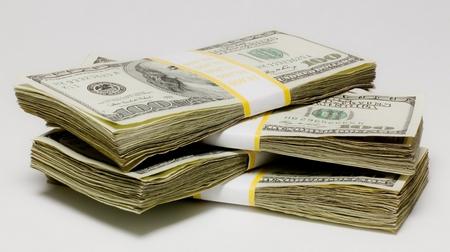What Does It Take to Reduce Your Bail Amount?

The bail amount a judge will set for a defendant can seem like an arbitrary number, but there is a certain logic to it. Courts are known to base the amount on three factors:
- The severity of the crime of which the defendant is accused
- Flight risk of the defendant
- The danger of the defendant to themselves and/or others
While these factors hold true, there is another factor that weighs in thanks to the Eighth Amendment of the Constitution, which dictates courts must not set excessive bail. As such, the financial means of the accused must weigh in at some point.
What Is Excessive Bail?
Unfortunately, 'excessive bail' is about as descriptive as the Eighth Amendment gets. Courts have worked through case law to bring the meaning a little more into focus. Basically, excessive bail is anything so high there's little chance the accused can actually pay it.
That said, courts have the ability to set bail at very high amounts should they be able to prove a compelling interest in doing so. (See the factors bulleted above.) If a court does set the bail amount too high, they could be viewed as unfairly incarcerating you prior to your actual trial. The courts have to be able to justify their decision, and that's where the above factors are so crucial to the defendant's rights.
So What Can You Do to Lower the Amount?
A good criminal defense attorney can help you lower the bail amount by requesting a hearing to lower bail. At the hearing, you'll need to show the bail amount is too much to pay. You'll also need to provide evidence you're not a flight risk or a danger to yourself and others. It also helps if the offense is not as serious, or if you can prove your role in it was less direct. Think accomplice to murder vs. actual murderer.
If the Hearing Works
Should your attorney be able to succeed in lowering the bail amount, it's because he or she has been able to prove the amount is more than you could possibly afford to pay. A 'win' here will result in a lower, affordable rate that makes it easier to post bond. At that point, give Doc's Bail Bonds a call. We work through the entire bonding process, and we're eager to help you meet the legal requirements necessary to make bail. Contact us today to learn more.
[Featured Image by Flickr Creative Commons]










